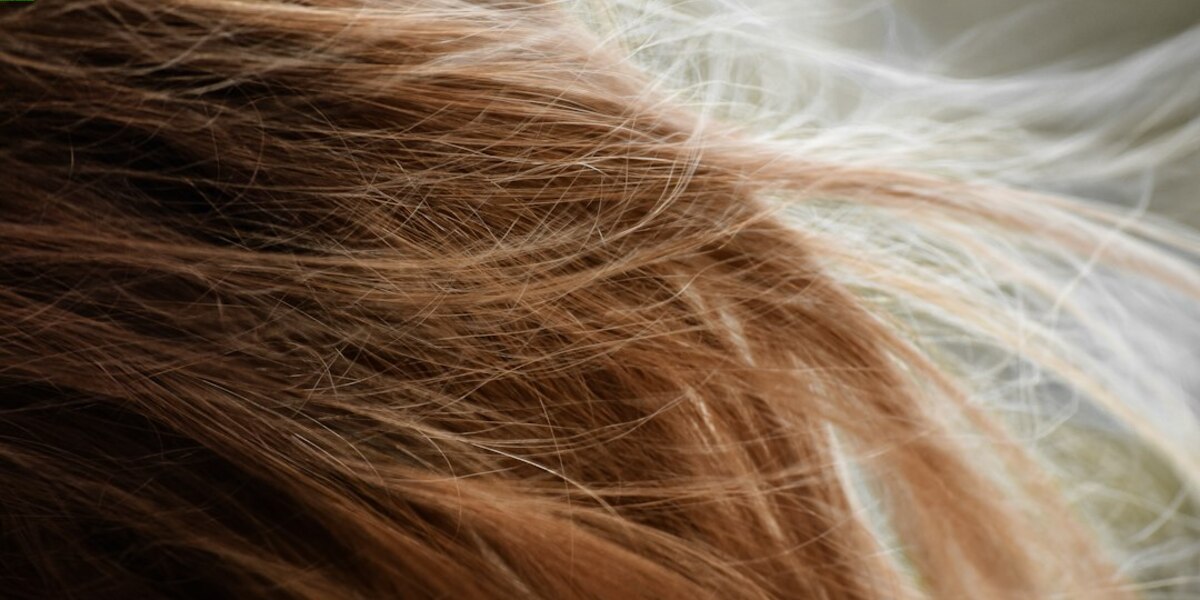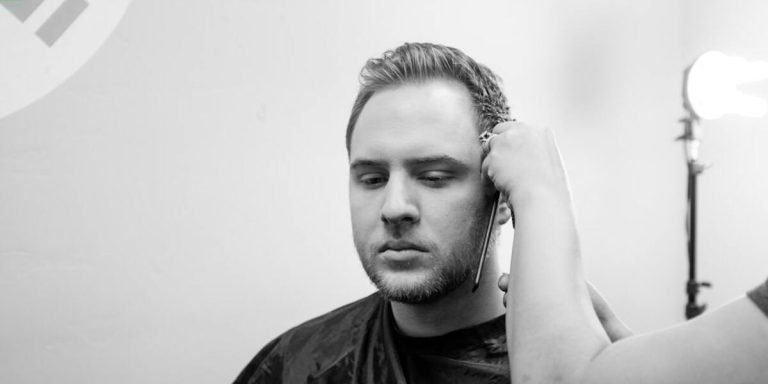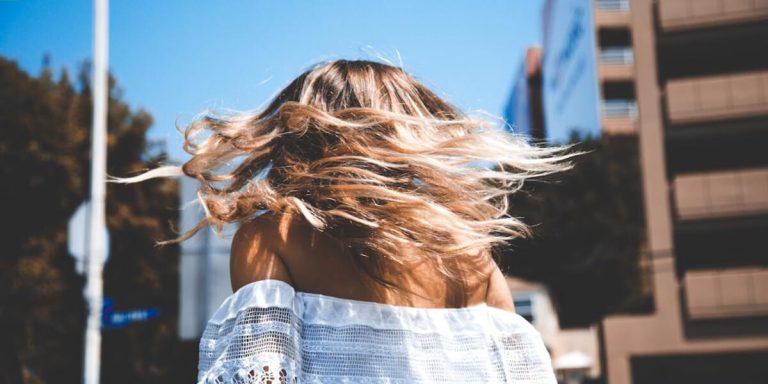Hair Care After Hair Transplant: A Comprehensive Guide for Optimal Results
Navigating the world of hair care after a hair transplant can initially seem daunting. However, with the right approach and information in hand, it is perfectly manageable territory. It is imperative to understand that proper post-operation care greatly influences the success rate of your surgery.
A comprehensive guide such as this serves as an essential roadmap for those who have undergone this procedure. In these lines below you will find detailed practices which ensure optimal results from your transplant while also promoting overall healthy, vibrant locks- letting you look at not just recovery but maintaining long-term aesthetics too.
Did you know?
Did you know that it takes approximately 6 months post-hair transplant surgery for the new hair to start growing visibly? Hence, proper care during this period is crucial for optimal results.
Understanding Post-Transplant Hair Care
In the aftermath of a hair transplant, understanding how to properly care for your new locks is integral. Many people believe that once they’ve undergone this procedure, their journey ends there. However, in order to ensure the longevity and vitality of transplanted follicles, post-transplant maintenance should never be disregarded.
The successful outcome of a hair transplant doesn’t solely lie within surgical procedures but majorly hinges on appropriate aftercare as well. In 2023’s era where these treatments are becoming increasingly advanced and commonplace, knowing how to cater specifically to newly transplanted strands could be what stands between you and picture-perfect tresses.
A pivotal aspect here encompasses gentle treatment towards your scalp following transplantation – refraining from rigorous brushing or using harsh products can significantly influence optimal results. Furthermore adopting routines including regular moisturizing with nourishing oils like jojoba or coconut oil become crucial since hydration plays an imperative role in healthy growth cycles post-op.
On top of that keeping away from heat styling tools initially saves fragile follicles undue stress which might potentially damage them causing setbacks during recovery periods.. The commitment made towards mindful ‘hair-care-after-hair-transplant’ not just preserves the desired volume but also enhances overall scalp health ensuring lustrous upcoming regrowth- truly striking two birds with one stone!
Essential First Week Maintenance Tips
The first week following a hair transplant is the most sensitive time span for your new tresses. It’s critical that you are mindful of ensuring optimal “hair care after hair transplant”.
1. Start by sleeping with an elevated head position, ideally at 45 degrees or more to reduce swelling and avoid potential damage.
2. The use of hat or helmet must be avoided during this initial period as it could lead to infections or cause harm due to excessive pressure on transplanted follicles.
3. One vital tip involves being extremely gentle when dealing with their new grafts; refrain from touching them unnecessarily and never scratch even if there’s itching involved – instead, consult your doctor immediately.
4. Hydrate yourself well but remember caffeine may interfere with healing so try reducing coffee intake initially while increasing water consumption which promotes better health overall including enhanced recovery post-procedure in case of launched strands.
Long-Term Strategies for Transplanted Hair Health
Maintaining the health of your transplanted hair doesn’t have to be an uphill battle. With a few strategic approaches, you can ensure that your new mane thrives just as much as it should. Here are some key long-term strategies for post-transplant hair care.
The first step towards this journey is regular washing and conditioning using appropriate products. Remember, the keyword here is ‘appropriate’. Using harsh chemical-laden shampoos after getting a transplant may do more harm than good.
Instead, opt for mild organic or sulfate-free options which will gently cleanse without stripping out essential oils from your scalp.
Secondly, avoid any form of heat styling techniques such as blow-drying and straightening for at least three months following surgery! These tools generate high temperatures that can damage fragile follicles in their initial growth stage; hence patience is crucial!
Another vital element not-to-be-overlooked includes stress management—a known culprit behind accelerated hair shedding post operation– so make sure relaxation becomes part-and-parcel with non-negotiable daily routines: meditate or practice deep breathing exercises regularly—it never hurts attempting natural routes before opting medication-oriented solutions right?
Routine Practices to Enhance Hair Transplant Success
Maintaining the health of your post-transplant hair requires a proper care routine. Time and effort are key elements in ensuring that your new hair thrives considerably after a transplant procedure. Just as you’d tend to a newly planted tree, providing it with water, sunlight, and nutrients for growth; similar principles apply when we talk about “hair care after hair transplant”.
Let’s begin by understanding the importance of following your surgeon’s instructions explicitly which can often consist of using specific shampoos or avoiding certain activities that strain the scalp like vigorous exercise or swimming in chlorinated pools immediately after surgery. The first few weeks following this surgical treatment require utmost delicacy since any unnecessary friction could potentially damage those fragile follicles.
Moreover, implementing gentle massaging techniques during washing is highly beneficial not only because it helps distribute products evenly but also stimulates blood flow to support healthier growth. Hydration too plays an integral part in this regimen so drink plenty of fluids daily while including nourishing foods rich in proteins and vitamins into your diet – these essential nutrients fortify strands from within thereby promoting stronger roots capable of supporting lush locks longer.
Daily Cleansing and Moisturizing Techniques
Taking care of your hair after a transplant procedure is critical to ensure successful results. This involves adopting efficient daily cleansing and moisturizing techniques as part of your regimen.
Every day, begin by gently washing your newly transplanted locks using shampoos recommended by experts in the field. It’s suggested that you opt for sulfate-free products infused with organic components which will be gentle on your sensitive scalp while thoroughly cleaning it at the same time.
Rinsing should be done carefully to avoid harming the delicate grafts. Always use lukewarm water instead of hot, and let it flow over your head smoothly without any direct pressure or blasts from showerheads. Afterward, pat dry with a soft towel but refrain from rubbing vigorously so as not to cause damage.
Once cleaned properly, always make sure to keep those fresh strands well-hydrated throughout the day just like how you hydrate yourself internally by drinking plenty of fluids regularly – hydration works similarly necessary for external factors too especially when dealing with hair care following transplantation procedures in 2023.
Vital Nutrients and Supplements for Robust Growth
To begin, consuming sufficient amounts of protein is integral for robust growth. Protein provides strength to the follicles, promoting healthier strands that are resistant to damage or breakage.
Next on the list is iron, an essential mineral responsible for delivering oxygen throughout our body including our scalp. An adequate intake can help stimulate growth post-transplant and potentially prevent future loss.
Omega-3 fatty acids also play an important role in healthy hair development by nourishing both the roots and shafts of your locks while maintaining their natural shine as well as elasticity making them less susceptible to fall out.
Consider taking certain dietary supplements to boost overall health and enhance recovery following surgery.
1.Biotin: Known widely across various cultures as ‘hair food’, supplementing biotin allows cells to metabolize nutrients more efficiently enhancing not only thickness but its overall quality too.
Avoiding Common Pitfalls in Post-Operative Hair Management
Firstly, patients must resist the urge to touch or scratch their scalp soon after surgery as this might lead unintended complications like infection or dislodging of grafts. These actions could potentially jeopardize the success rate of your transplantation.
Secondly, over-washing should also be steered clear off during early days of recovery. Overzealous cleaning may not only cause irritation but also hamper natural healing process by interfering with scabs formation which are crucial part protecting newly grafted follicles while they heal and adhere firmly onto their designated areas.
Identifying Harmful Products and Practices
The market today is fraught with numerous hair care options making it quite challenging to discern what’s beneficial from what’s damaging for post-operative hair management. While most are benign or even helpful under normal circumstances, they may not easily agree with your scalp after a surgical procedure like a hair transplant.
First off on our list of potentially destructive items: harsh chemical-laden shampoos. These often contain sulfates known for their strong detergency but equally notorious reputation causing dryness by stripping natural oils off your scalp and newly transplanted follicles leading them into unnecessary distress.
Also worth noting: steer clear of certain hairstyling habits including excessive brushing or combing during this sensitive period – these apply undue stress upon fresh implants potentially dislodging them thus impeding successful outcomes.
Managing Exposure: Sun, Heat, and Environmental Stressors
Taking care of your hair after a hair transplant goes beyond regular washing and conditioning. You need to guard against exposure that could potentially harm your new growth – specifically, sun, heat, and environmental stressors.
Firstly let’s talk about the sun. The radiant energy from sunlight can affect the health of your transplanted follicles. It’s crucial you avoid direct sunlight for at least two weeks post-surgery.
Sun hats or scarves work well as physical barriers between sensitive areas on your scalp and harmful ultraviolet rays. Additionally, a high SPF sunscreen designed specifically for scalps is recommended if spending time outdoors cannot be avoided.
Next is excessive heat which can result in dryness causing potential damage to newly transplanted hairs during recovery stages – this includes artificially generated sources like blow-dryers or curling irons too! Minimal use should be made out of these tools until full recovery has taken place; air drying being the best option overall.
The realm also extends into environmental stresses such as pollution particles adhering onto delicate strands downgrading their quality over time not forgetting seawater + chlorine both capable enough stripping off necessary moisture so remember always rinse immediately following swimming excursions either sea-pooled ensuring optimum nourishment retention thoughout.
Conclusion
In wrapping up, it’s paramount to understand that hair care after a hair transplant doesn’t have to be an uphill task. With the right knowledge and tools in your arsenal, you are well on your way to maintaining those newly transplanted locks with aplomb.
Remember, our website is a treasure trove for more incisive insights into “Hair Care and Maintenance”. Feel free to dive deep into this ocean of information as we remain committed in guiding you through every step of your journey towards optimal hair health post-transplant!







